In California, Washington and across the United States, many companies look abroad to find qualified workers to fill positions. The US government arranges a fixed number of H-1B visas for workers in specialized occupations every year. US Citizenship and Immigration Services (USCIS) has announced that their cap on applications for this program has been reached for 2024.
Who can apply for an H-1B visa?
An H-1B visa gives nonimmigrant status to individuals working in specific fields in the United States. Applicants are typically people with advanced education or specialized knowledge. Approved employment visas offer three years of residence in the US.
A general H-1B visa can apply to many fields that require advanced knowledge. When a business needs a qualified candidate for a unique task in its operation, it may seek a foreign national to fill the position. Applicants will have at least a bachelor’s degree in their fields or a specialized certification.
What is the H-1B visa cap?
The general cap for H-1B visas is 65,000 across the country. These visas will go to anyone with a bachelor’s degree or above.
Additionally, the advanced degree exception allows for 20,000 visas for people with the equivalent of a US master’s degree or higher. Once the number of visas reaches the exemption cap, additional applications go into the general pool.
For the 2024 fiscal year, both the general and advanced degree caps have been reached. With a few exceptions, USCIS will not grant additional visas until the 2025 fiscal year application period.
Exemptions to the rule
The regular and advanced degree caps apply to individuals working for commercial businesses in the US. However, these restrictions do not apply to universities or nonprofit research organizations. USCIS will continue to evaluate H-1B applications for positions in these institutions throughout the year.
Applying for temporary residence in the United States can be complicated. Those seeking an H-1B visa should learn the requirements and deadlines to streamline the process.

